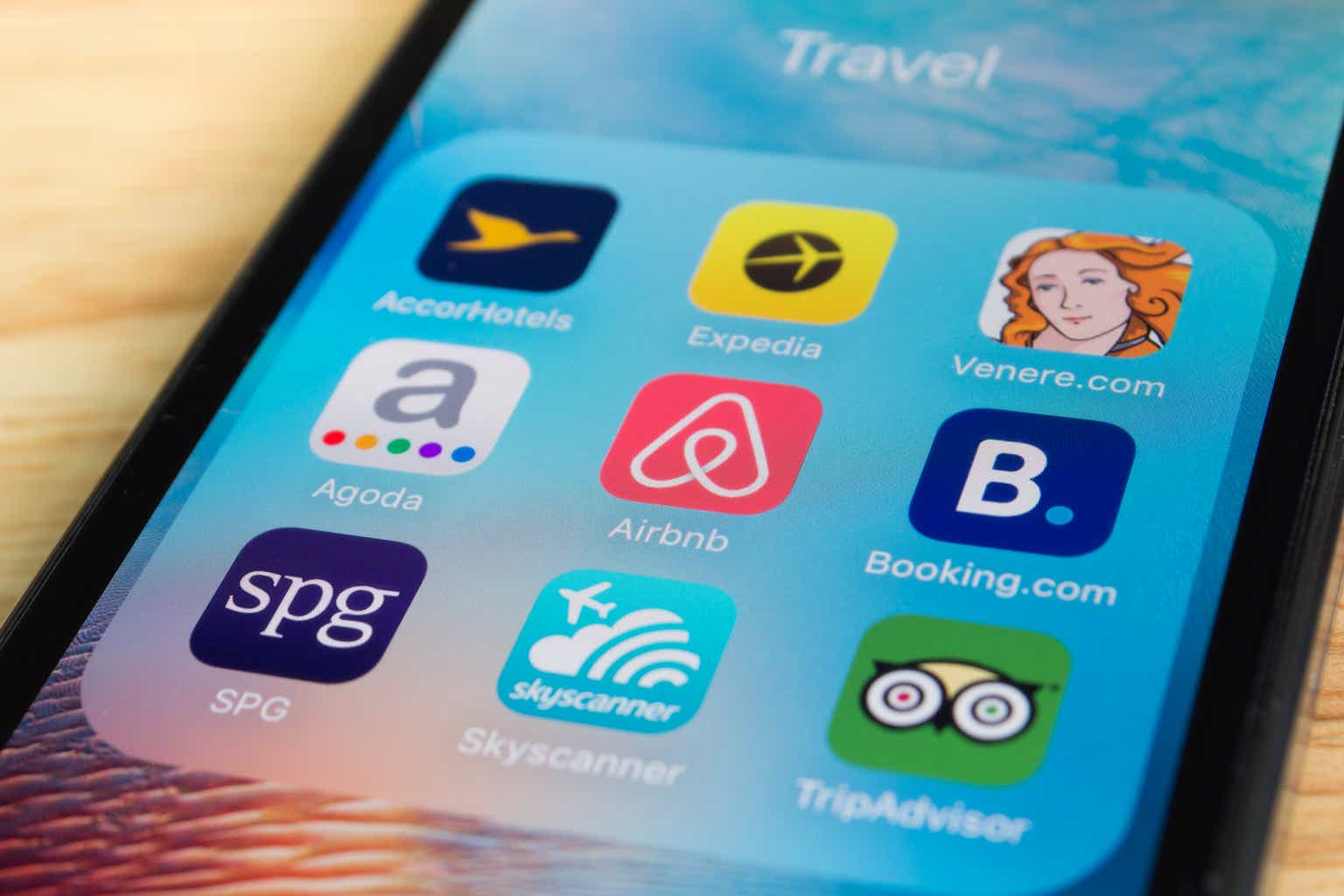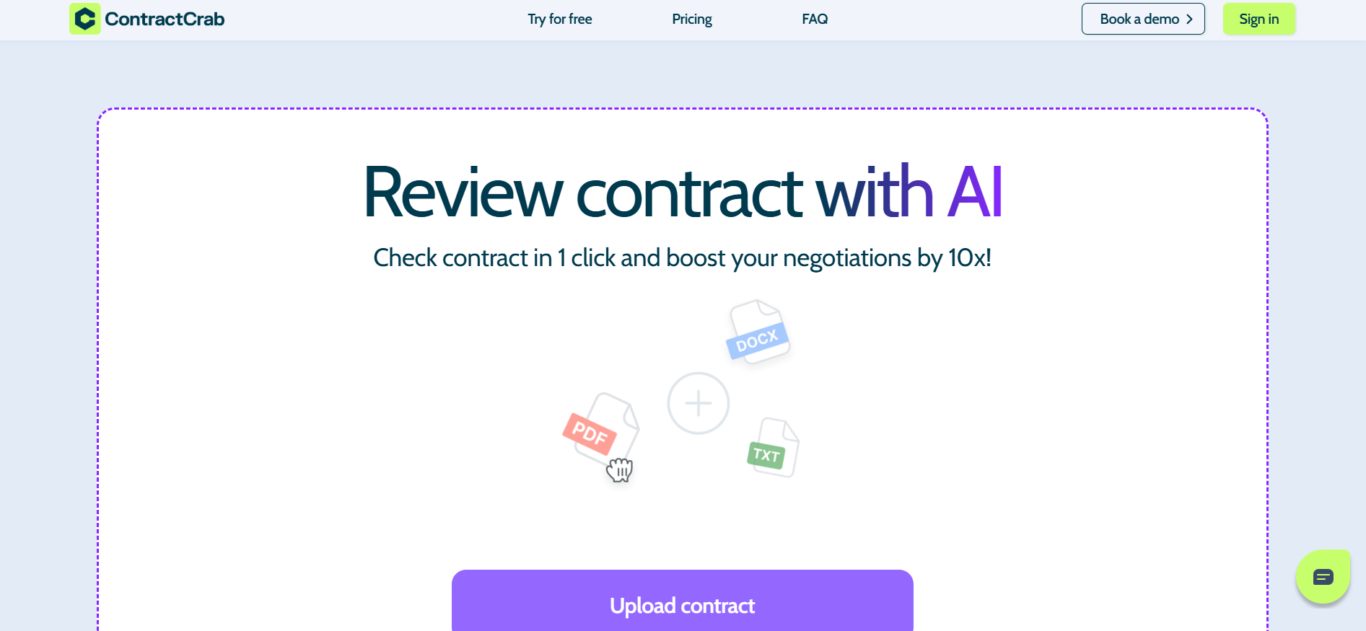Own it and label it
This takes guts, and hustlers are afraid to do so. Thirty years ago, when the avalanche of email spam was on the horizon, I proposed that any commercial email should have a $ in the subject line. A simple way for email programs to filter it out if you’re not looking for it. Obviously, that […]

This takes guts, and hustlers are afraid to do so.
Thirty years ago, when the avalanche of email spam was on the horizon, I proposed that any commercial email should have a $ in the subject line. A simple way for email programs to filter it out if you’re not looking for it. Obviously, that didn’t catch on, but not because the recipients were opposed.
I regularly get texts from people pretending to know me, or selling me something. They’ve decided that knowing someone’s contact info is the same as having the right to steal their attention. If they were honest, we could make our own choices. When our first interaction reveals that you’re a liar, it’s hard to imagine that it goes well from there.
Bruce Schneier has an insightful proposal: AI generated voices should sound like robots (I’m not sure his method is the one to choose, but the idea is really smart). The uncanny valley is real–and when a computer sounds like a friendly person, we create frustration and confusion when it turns out that it’s not. A pleasant robot is still a robot, and we can respond accordingly.
[Trivia: all the AI computers in Star Trek were played by one person–Majel Barrett–over the course of many decades. The quality got better, but we could always tell it was the computer…]
If you need to pretend that your product is handmade, or that you’re a friend, or that it’s a person on the other end of the line, you’re skulking around.
Magicians should conceal. Marketers and technologists should serve. Turn on the lights and make it clear.
(And community action is the only way that this is going to happen–the short-term game theory rewards people who cheat, so we need to make it too expensive to do so.)















































































